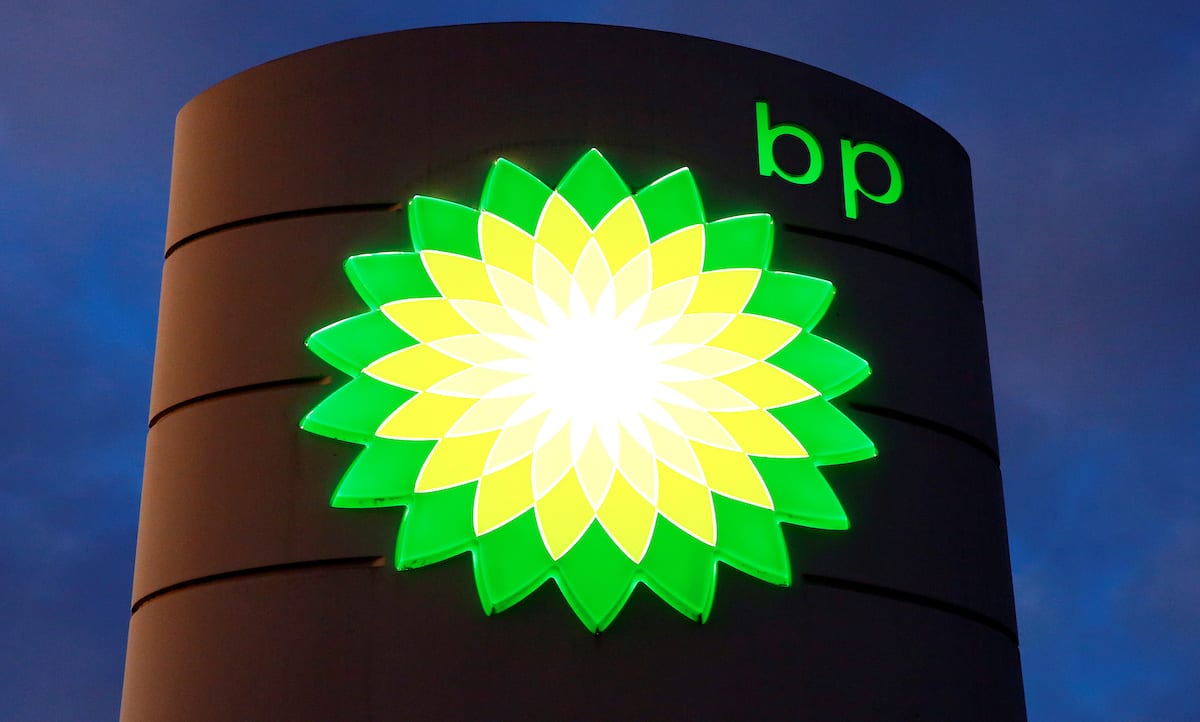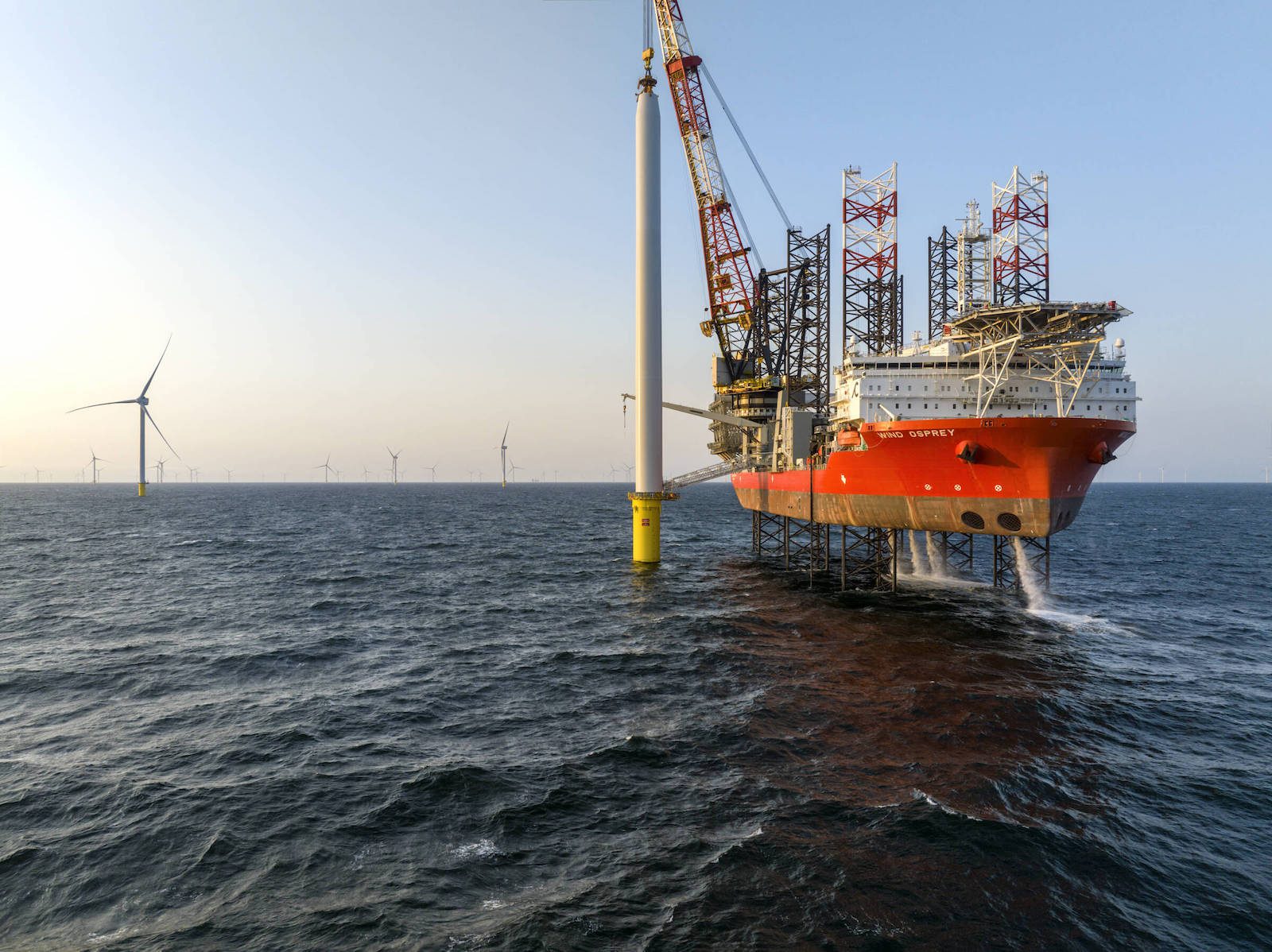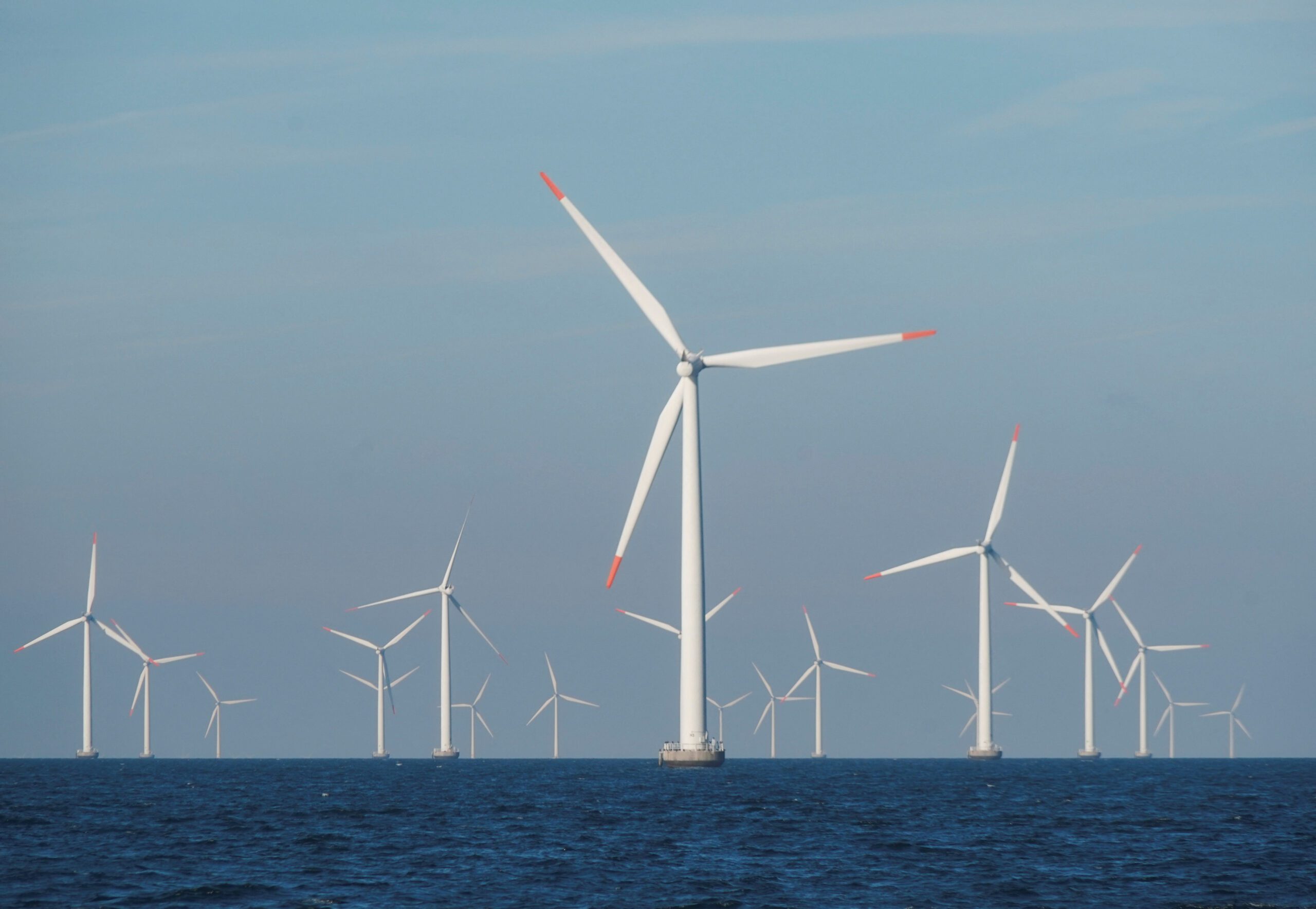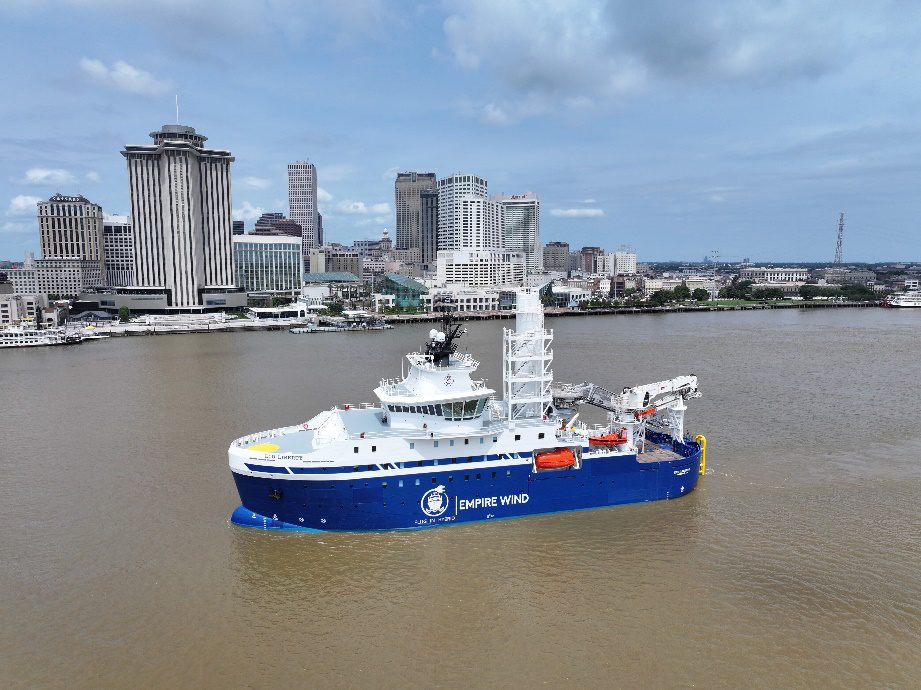REUTERS/Arnd Wiegmann/File Photo
By Laura Hurst and Amanda Jordan (Bloomberg) –BP Plc will make the biggest writedown on the value of its business since the Deepwater Horizon disaster a decade ago, as the coronavirus pandemic hurts long-term oil demand and accelerates the shift to cleaner energy.
In a dramatic revision that prompted questions about the affordability of its dividend, the British giant cut its estimates for oil and gas prices in the coming decades between 20% and 30%. It also expects the cost of carbon emissions to be more than twice as high as before.
Under its new Chief Executive Officer Bernard Looney, BP has been quicker than many of its peers to plan for a low-carbon world. Yet moves toward a more sustainable future are bringing financial pain today, and investors are asking fundamental questions about the value of oil majors.
BP is reviewing its projects against those new price assumptions, which could result in some oil discoveries being left in the ground. The risk of so-called stranded assets is just one of many challenges the industry faces as trends in energy consumption shift and policymakers pursue green targets.
The company will take non-cash impairment charges and write-offs in the second quarter, estimated to be in a range of $13 billion to $17.5 billion post-tax. That could increase gearing — the ratio of net debt to equity — toward 50%, by far the highest in the industry, said RBC analyst Biraj Borkhataria.
“BP’s balance sheet was stretched even without this impairment, and is likely to look even more stretched following it,” Borkhataria said in a note.
Enduring Impact
Shares of BP fell 3.8% to 310.7 pence as of 11:51 a.m. in London.
“BP now sees the prospect of the pandemic having an enduring impact on the global economy, with the potential for weaker demand for energy for a sustained period,” the company said in a statement on Monday. “The aftermath of the pandemic will accelerate the pace of transition to a lower carbon economy.”
In February, BP outlined its ambitions to become a “net-zero” company by 2050. The company acknowledged that production will decline in the long term, and said whatever is pumped in 2050 “will have to be de-carbonized.” Peers including Royal Dutch Shell Plc, Total SA and Equinor ASA have also set out agendas for what’s becoming an existential challenge for the oil industry.
Two of those companies — Shell and Equinor — cut their dividends last quarter. A growing number of analysts expect BP to follow.
Dividend Cut?
”It does now look increasingly likely that BP will reduce the dividend alongside the second quarter results,” Barclays said in a note. “With the shares trading on a 10% dividend yield, this already seems to be factored into the share price.”
BP’s revised investment appraisal long-term price assumptions from 2021 to 2050 now average $55 a barrel for Brent crude, down from $70 previously, and $2.90 per million British thermal units for Henry Hub gas, compared with $4 before.
It expects the cost of emitting a ton of carbon dioxide to be $100 in 2030, up from a previous assumption of $40. These new prices are “broadly in line” with the Paris climate goals, BP said.
“This huge dent in BP’s balance sheet suggests it has finally dawned on BP that the climate emergency is going to make oil worth less,” Charlie Kronick, senior climate adviser for Greenpeace U.K., said in a statement. “BP must protect its workforce, and offer training to help people move into sustainable jobs in decommissioning and offshore wind.”
The company is scheduled to publish its second-quarter results on Aug. 4. Looney will give a more detailed road map for BP’s transition to clean energy and net-zero emissions in September.
© 2019 Bloomberg L.P

 Join The Club
Join The Club











